Quartetto Eleusi - Pietro Nardini - Complete String Quartets (2013)
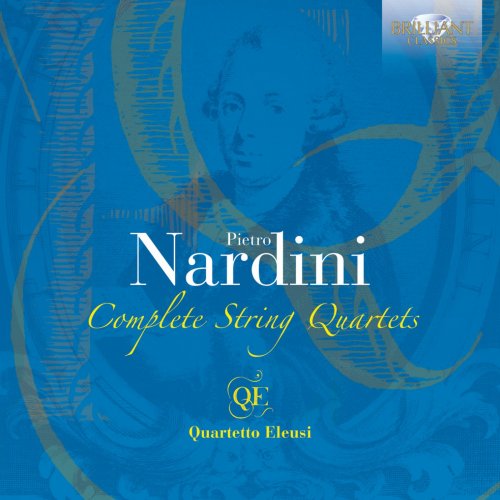
Artist: Quartetto Eleusi
Title: Pietro Nardini - Complete String Quartets
Year Of Release: 2013
Label: Brilliant Classics
Genre: Classical
Quality: FLAC (image+.cue,log,scans)
Total Time: 01:08:40
Total Size: 414 Mb
WebSite: Album Preview
Tracklist: Title: Pietro Nardini - Complete String Quartets
Year Of Release: 2013
Label: Brilliant Classics
Genre: Classical
Quality: FLAC (image+.cue,log,scans)
Total Time: 01:08:40
Total Size: 414 Mb
WebSite: Album Preview
Pietro Nardini (1722-1793)
[1]-[2] String Quartet No.1 in A major
[3]-[5] String Quartet No.2 in C major
[6]-[7] String Quartet No.3 in B flat major
[8]-[10] String Quartet No.4 in F major
[11]-[12] String Quartet No.5 in G major
[13]-[14] String Quartet No.6 in E flat major
Performers:
Quartetto Eleusi
Mauro Massa - violin
Andrea Vassalle - violin
Simone Laghi - viola
Valeria Brunelli - cello
Italy seems to have been fertile ground for the production of world-class violinists during the 18th century, and while one cannot claim that they had a monopoly on virtuosos on the instrument, names like Giuseppe Tartini, Pietro Locatelli, and Antonio Vivaldi (to name three who come to mind immediately) make it almost seem like it. Among these stars was Pietro Nardini (1722-1793), one of the principal teachers on the instrument, who had achieved fame all over Europe through his travels in the 1750s and 1760s, so that it would seem that he was destined to take his place among the touring stars of the age, enhancing his reputation even further through numerous publications of works, such as sonatas and concertos. But he settled in Florence in 1769 and never really left. Not that it mattered, of course, for students sought him out. In 1770 the young Wolfgang Mozart performed for him, as did Charles Burney, and he played in a quartet that included fellow luminaries Giuseppe Cambini and Luigi Boccherini, the so-called Quartetto Toscano. His own style was known for its expressivity, using performing technique to heighten emotional display on the instrument, particularly in the slow movements.
With such a reputation, one might think that he would have produced significantly for strings, particularly in the realm of chamber music. And indeed he did, again for his own instrument, but it is somewhat ironic that he apparently only composed six string quartets. All in major keys, they are difficult to reconcile with his pedagogical approach to playing, in that they are all very pleasant works of easy to moderate difficulty. When they were published, around 1782, the quartet had already achieved some rather distinctive characteristics, notably in the works of Joseph Haydn, and thus their apparent tameness even though written by one of Europe’s acknowledged violin masters, must have come as a shock. So much so that, as the nicely written booklet notes say, particularly the German buyers rejected them. Nardini himself noted in a letter of 1789: “Maybe they didn’t like them, or maybe they did not know how to execute them,” noting further that when originally sent throughout the continent “nobody pointed out this problem.” This, of course, is certainly one of the lamer excuses for not coming up to snuff.
So, in a nutshell, how are these six works, exactly? The answer lies in how one wishes to perceive them independently and without invidious comparisons. They are, indeed, quite well written and well formulated pieces, not progressive but certainly suitable enough for the Gebrauchsmusik of the time. They are generally dominated by the first and second violins, often in parallel thirds, with the viola acting as harmonic filler against a stable bass line. In the First Quartet in A Major, the ostinato patterns of symphonic music can be discerned, replete with lots of clichés we come to regard as “Mannheim.” In the Second in C Major, the opening is so squared off that one might think Nardini was really wanting these to be produced as quadros or orchestral quartets à la Carl Stamitz. Only in the opening of the Third in B?-Major does one discern a touch of Haydn in the almost quotational themes and textures; it is as if Nardini was channeling the op. 9. Since four of the quartets are only two movements long, it is clear that the op. 9 overall format was not foremost on his mind, however, and in the two three-movement works one finds the composer’s signature Adagio emerging. The C-Major Quartet has an insistent plaintive quality that begs for sentiment, while the Comodo movement of the First Quartet allows for the cello to emerge from its role with a nice line, altering the textures. In the second movement of the Fifth Quartet in G Major, the smooth legato and meandering melody almost cry out for improvisation, but there is also a sense of mystery. Only one movement, the minuet of the Fourth Quartet, doesn’t really work well, for it veers off course, though there are some nice echo effects between the viola and cello. In short, these are intended to please performers and audience without requiring too much ability or thought on anyone’s part, just the sort of nice and accessible works one might wish in the background to genteel conversation.
The Quartetto Eleusi performs them with a good sense of ensemble, and I am particularly happy with the blend of textures. They seem to know when to accelerate the motion and when to throttle back, giving the quartets a solid interpretation. Sometimes their sound is quite rich, like these works ought to be performed, and one would be hard put to find better for the type of music Nardini wrote. As for my recommendation, it will of course depend upon whether a listener is interested in solid, well-composed but somewhat mundane compositions in the genre, or whether there is an expectation of something new, exciting, progressive, and stimulating. For the former, these are fine recordings and I have no reservations whatsoever in recommending this disc. I find that the music is well done, the compositions delightful to hear, and the works solid technically. For those who might be on the hunt for another Haydn, they may find that Nardini is not their cup of tea. Still, these do show what the real general string quartet in circulation during the Classical period was like.
With such a reputation, one might think that he would have produced significantly for strings, particularly in the realm of chamber music. And indeed he did, again for his own instrument, but it is somewhat ironic that he apparently only composed six string quartets. All in major keys, they are difficult to reconcile with his pedagogical approach to playing, in that they are all very pleasant works of easy to moderate difficulty. When they were published, around 1782, the quartet had already achieved some rather distinctive characteristics, notably in the works of Joseph Haydn, and thus their apparent tameness even though written by one of Europe’s acknowledged violin masters, must have come as a shock. So much so that, as the nicely written booklet notes say, particularly the German buyers rejected them. Nardini himself noted in a letter of 1789: “Maybe they didn’t like them, or maybe they did not know how to execute them,” noting further that when originally sent throughout the continent “nobody pointed out this problem.” This, of course, is certainly one of the lamer excuses for not coming up to snuff.
So, in a nutshell, how are these six works, exactly? The answer lies in how one wishes to perceive them independently and without invidious comparisons. They are, indeed, quite well written and well formulated pieces, not progressive but certainly suitable enough for the Gebrauchsmusik of the time. They are generally dominated by the first and second violins, often in parallel thirds, with the viola acting as harmonic filler against a stable bass line. In the First Quartet in A Major, the ostinato patterns of symphonic music can be discerned, replete with lots of clichés we come to regard as “Mannheim.” In the Second in C Major, the opening is so squared off that one might think Nardini was really wanting these to be produced as quadros or orchestral quartets à la Carl Stamitz. Only in the opening of the Third in B?-Major does one discern a touch of Haydn in the almost quotational themes and textures; it is as if Nardini was channeling the op. 9. Since four of the quartets are only two movements long, it is clear that the op. 9 overall format was not foremost on his mind, however, and in the two three-movement works one finds the composer’s signature Adagio emerging. The C-Major Quartet has an insistent plaintive quality that begs for sentiment, while the Comodo movement of the First Quartet allows for the cello to emerge from its role with a nice line, altering the textures. In the second movement of the Fifth Quartet in G Major, the smooth legato and meandering melody almost cry out for improvisation, but there is also a sense of mystery. Only one movement, the minuet of the Fourth Quartet, doesn’t really work well, for it veers off course, though there are some nice echo effects between the viola and cello. In short, these are intended to please performers and audience without requiring too much ability or thought on anyone’s part, just the sort of nice and accessible works one might wish in the background to genteel conversation.
The Quartetto Eleusi performs them with a good sense of ensemble, and I am particularly happy with the blend of textures. They seem to know when to accelerate the motion and when to throttle back, giving the quartets a solid interpretation. Sometimes their sound is quite rich, like these works ought to be performed, and one would be hard put to find better for the type of music Nardini wrote. As for my recommendation, it will of course depend upon whether a listener is interested in solid, well-composed but somewhat mundane compositions in the genre, or whether there is an expectation of something new, exciting, progressive, and stimulating. For the former, these are fine recordings and I have no reservations whatsoever in recommending this disc. I find that the music is well done, the compositions delightful to hear, and the works solid technically. For those who might be on the hunt for another Haydn, they may find that Nardini is not their cup of tea. Still, these do show what the real general string quartet in circulation during the Classical period was like.
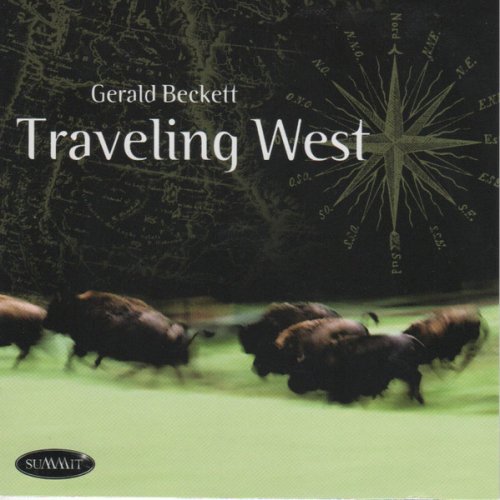
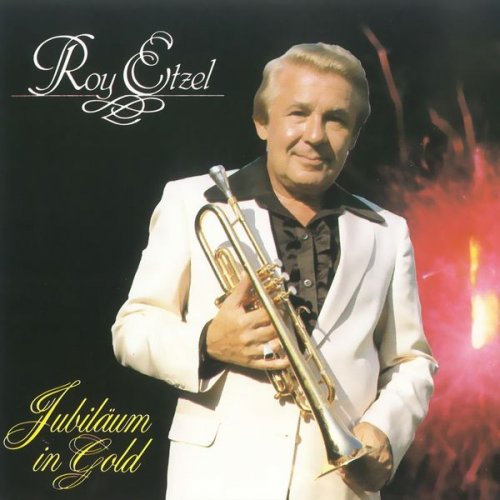
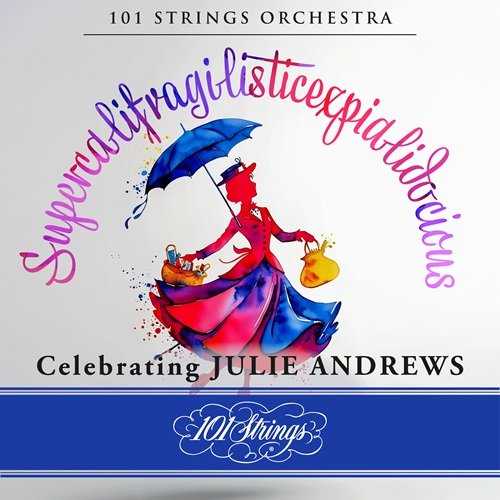

![The Mood Mosaic - Soul Allure (2026) [Hi-Res] The Mood Mosaic - Soul Allure (2026) [Hi-Res]](https://www.dibpic.com/uploads/posts/2026-01/1767930779_j8tt8dryg8d9a_600.jpg)


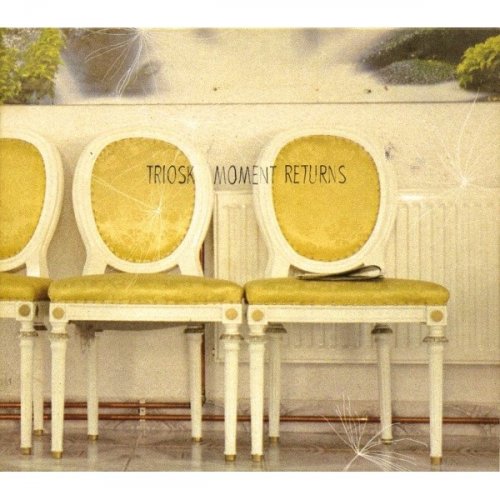
![Frode Kjekstad - Stars Aligned (2026) [Hi-Res] Frode Kjekstad - Stars Aligned (2026) [Hi-Res]](https://img.israbox.com/img/2026-01/08/n12580el2kaqvo9f0inrj0po7.jpg)